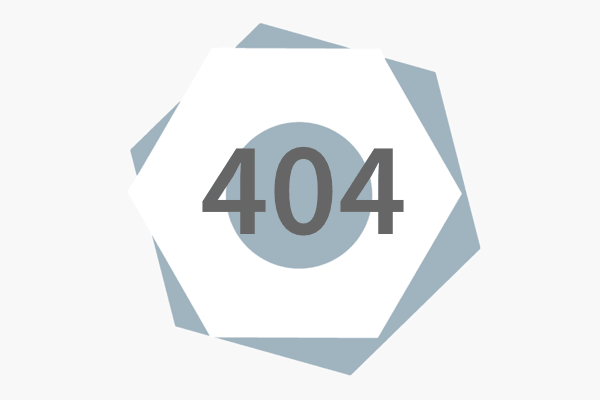CBO: TARP Will Cost Taxpayers $19B
 The CBO's Director's Blog writes:
The CBO's Director's Blog writes:
Today CBO released the fifth of its statutory reports on transactions undertaken as part of the Troubled Asset Relief Program (TARP)—the program established in October 2008 to enable the Department of the Treasury to promote stability in financial markets through the purchase and guarantee of “troubled assets.” The estimate of the cost of the TARP’s transactions provided in this report is the same as that provided in CBO’s most recent baseline budget projections issued on March 18.
CBO’s Estimate of the Cost of the TARP’s Transactions: $19 Billion
CBO’s analysis reflects transactions completed, outstanding, and anticipated under the TARP as of March 3, 2011. In sum:
- CBO estimates that the cost to the federal government of the TARP’s transactions (also referred to in the report as the subsidy cost), including grants for mortgage programs that have not been made yet, will amount to $19 billion.
- That cost stems largely from assistance to American International Group, aid to the automotive industry, and grant programs aimed at avoiding foreclosures: CBO estimates a cost of $41 billion for providing those three types of assistance. Other transactions with financial institutions will, taken together, yield a net gain of $22 billion to the federal government, CBO estimates.
- CBO’s current estimate of the cost of the TARP’s transactions is $6 billion less than the $25 billion estimate shown in the agency’sNovember 2010 report on the TARP and in its January 2011 baseline projections. The reduction in the estimated cost results primarily from a lower assessment of losses from assistance provided to the automotive industry.
CBO’s estimate is well below OMB’s latest estimate of $64 billion, largely because of different assessments of the cost of the Treasury’s housing programs under the TARP.

